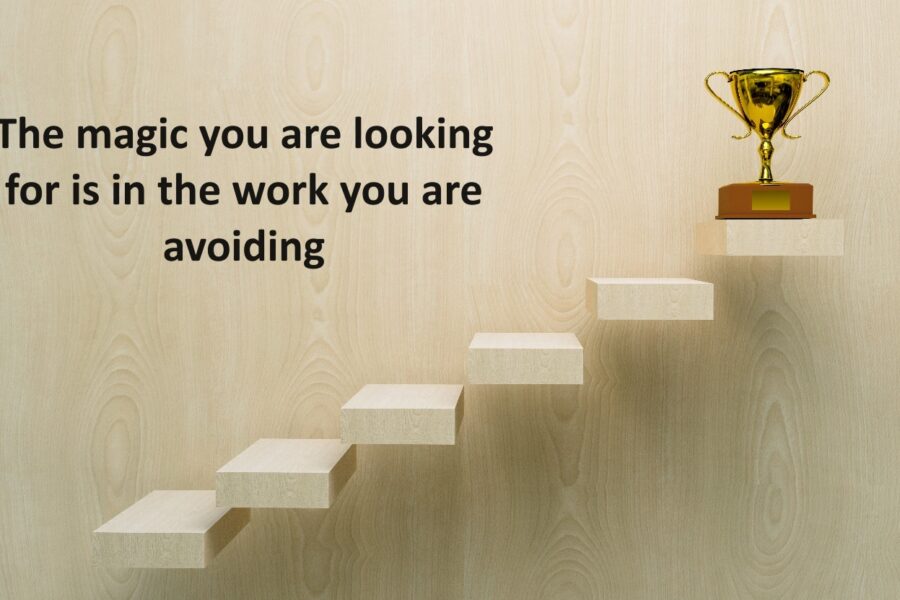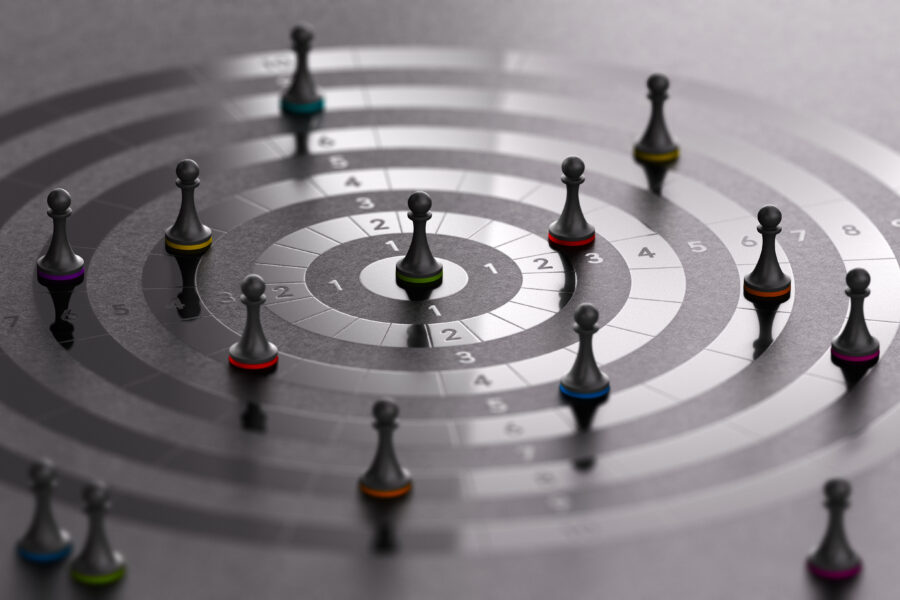In the human brain’s intricate landscape is a powerful chemical messenger known as dopamine. This mysterious substance was believed to be the maestro of pleasure, orchestrating moments of joy, delight, and euphoria for years. People thought that dopamine danced in our brains only when we experienced pleasure, leading us from one joyful moment to another.
But as the pages of scientific discovery turned, a new story began to unfold. Researchers, like curious explorers, ventured deeper into the realm of the human mind and uncovered a startling truth. Dopamine, it seemed, was not just a simple purveyor of pleasure. Its true power lay in its ability to kindle the flames of anticipation.
Imagine a treasure hunter on the cusp of a great discovery or a child wide-eyed on the night before Christmas. It’s not the treasure itself nor the unwrapping of gifts that race their hearts; it’s the anticipation of what’s to come. Similarly, our daily actions, the habits we form, and the paths we tread are often not driven by the reward at the journey’s end, but by the tantalizing promise of what might be. Dopamine, our neurological companion, whispers in our ears, enticing us with the thrill of the unknown and the excitement of the possible.
So, dear reader, embark on this journey as we unravel the enigma of dopamine. Discover how it’s not just the fulfillment of our desires that shapes our actions but the siren song of anticipation that truly guides our habits and our lives.
Understanding Dopamine and Habit Formation
- Define dopamine and its role in the brain.
- Explain the concept of the dopamine-driven feedback loop.
- Discuss how both positive (eating, social interaction) and negative habits (drug use, junk food) are influenced by dopamine levels.
The Shift in Scientific Understanding
- Highlight how scientific perception of dopamine has evolved – from a pleasure-centric view to a broader role in motivation, learning, and behavior.
- Mention key studies or scientists who contributed to this shift.
The Power of Anticipation
- Delve into how dopamine levels spike in anticipation of a reward.
- Use examples: gamblers before placing a bet, cocaine users seeing the powder.
- Explain how this anticipation fuels motivation and action.
The Role of Dopamine in Habitual Behaviors
- Analyze everyday habits (like eating, drinking) and their relation to dopamine spikes.
- Discuss the neurological processes involved in habit formation.
The Difference Between Wanting and Liking
- Explore the concept of “wanting” vs “liking” – how anticipation can be more powerful than the actual reward.
- Use relatable examples (Christmas morning anticipation, vacation daydreams) to illustrate this point.
Conclusion
- Summarize the key points: the role of dopamine in driving habits is rooted in anticipation of reward.
- Reflect on the implications of this understanding for habit formation and change.
Additional Tips:
- Use layman-friendly language to explain scientific concepts.
- Include quotes or insights from neuroscientists or psychologists.
- Provide actionable tips or insights for readers to understand their own habits.
By focusing on how dopamine-driven anticipation shapes our actions and habits, your article can provide a unique perspective that combines scientific understanding with everyday experiences.






